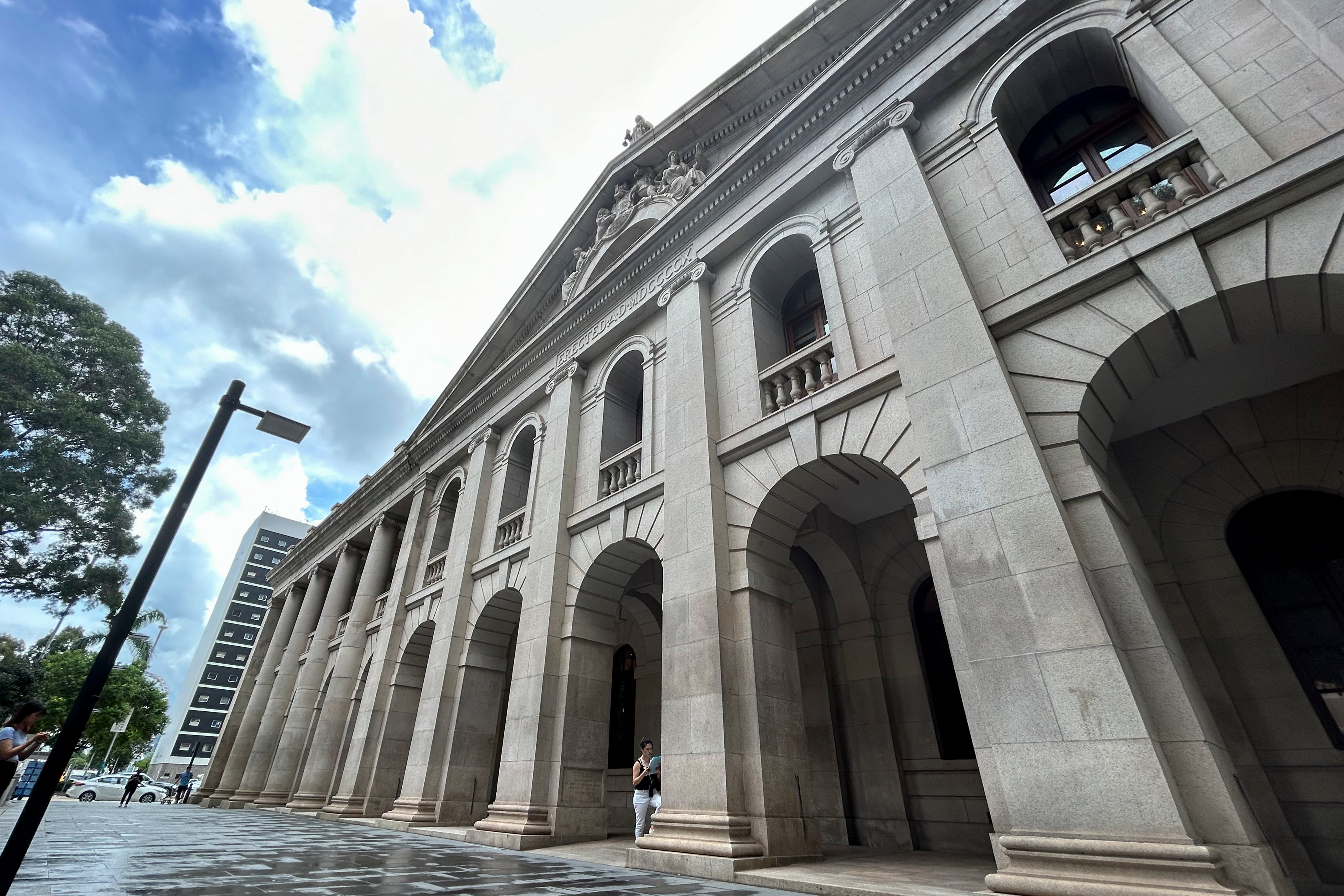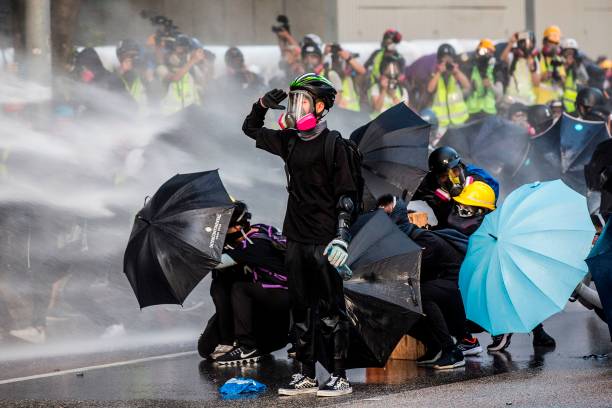Two British judges quit top Hong Kong court amid pro-China crackdown on dissent
It comes after a report by The Independent showing the judges were being paid £40,000 to sit on the court for up to a month at a time

Your support helps us to tell the story
From reproductive rights to climate change to Big Tech, The Independent is on the ground when the story is developing. Whether it's investigating the financials of Elon Musk's pro-Trump PAC or producing our latest documentary, 'The A Word', which shines a light on the American women fighting for reproductive rights, we know how important it is to parse out the facts from the messaging.
At such a critical moment in US history, we need reporters on the ground. Your donation allows us to keep sending journalists to speak to both sides of the story.
The Independent is trusted by Americans across the entire political spectrum. And unlike many other quality news outlets, we choose not to lock Americans out of our reporting and analysis with paywalls. We believe quality journalism should be available to everyone, paid for by those who can afford it.
Your support makes all the difference.Two British judges have quit Hong Kong’s top court amid a pro-China crackdown on dissent in the city.
Lord Jonathan Sumption, 75, and Lord Lawrence Collins, 83, said they had resigned from the Hong Kong Court of Final Appeal this week.
It comes afterThe Independent reported that the judges were paid £40,000 with flights, accommodation and travel expenses, to sit on the court for up to a month at a time. Lord Sumption and Lord Collins were two of five British judges – all of whom are retired from their British roles – listed as overseas non-permanent judges for the Court of Final Appeal, who could be selected at any time to sit on cases.
Lord Collins, who has served since 2011, cited the “political situation” in Hong Kong as his reason for stepping down from the court. Lord Sumption, who was appointed to the court in 2019, told The Independent he would make a statement next week about his resignation.

Lord Collins told The Independent: “I have resigned from the Court of Final Appeal because of the political situation in Hong Kong, but I continue to have the fullest confidence in the court and the total independence of its members.”
British judges have sat on the court since 1997 on a non-permanent basis as part of an agreement when the city was handed back to China by the UK. The intention was to help preserve the rule of law, provide expertise to local lawyers and reassure businesses and financial markets.
Human rights groups have criticised Western judges for continuing to serve on Hong Kong’s top court, which still includes judges from the UK, Canada and Australia. More than 1,800 political prisoners have been detained in Hong Kong in a crackdown on dissent since mass pro-democracy protests in 2019. This has intensified since the passing of a national security law by the city’s pro-Beijing legislature in 2020, although British judges cannot rule on national security cases.

The Committee for Freedom in Hong Kong Foundation has previously accused the Western judges of lending “their prestige to a justice system that has been undermined and co-opted by Beijing”.
Last week, 14 pro-democracy activists were found guilty of charges of subversion under the national security law in a Hong Kong court, a decision which Amnesty International described as a “near-total purge” of the city’s political opposition.
In 2022, two of the UK’s most senior current judges, Supreme Court justices Lord Robert Reed and Lord Patrick Hodge resigned from the Hong Kong Court of Final Appeal on the basis that continuing to serve on it would appear to endorse Hong Kong’s pro-Beijing administration.
In a statement at the time, Lord Reed said on behalf of himself and Lord Hodge: “I have concluded, in agreement with the government, that the judges of the Supreme Court cannot continue to sit in Hong Kong.
“It would appear to endorse an administration which has departed from values of political freedom, and freedom of expression, to which the justices of the Supreme Court are deeply committed.”
Join our commenting forum
Join thought-provoking conversations, follow other Independent readers and see their replies
Comments